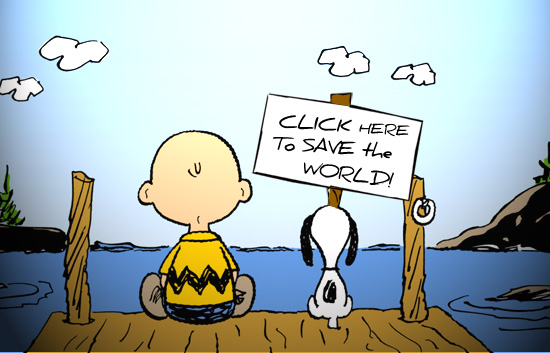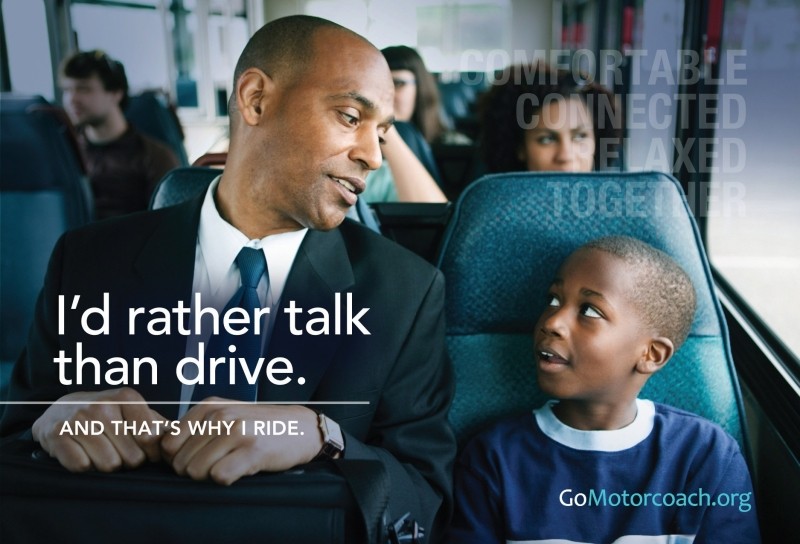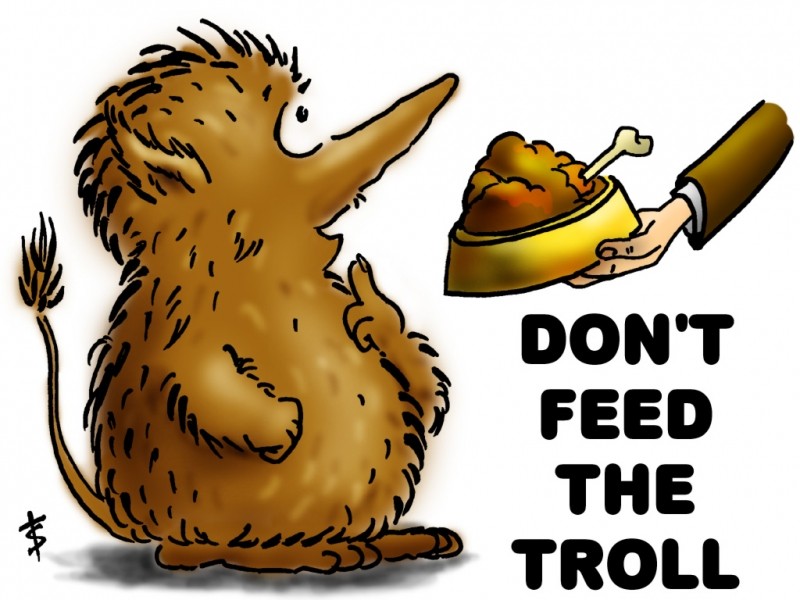I was recently asked to be a guest on a TV show to talk about social media, and thought I'd share some of the Q&A and my notes.
Topic 1: Clicktivism
Social media has become an indispensable part of many people's lives. The one trend that piqued our interest this year is social activism or "clicktivism". The most recent being the #ill-ride-with-you movement. It emerged as a show of solidarity with Muslims in Australia after the deadly Sydney hostage crisis. Some people had voiced fears of repercussions as the hostage taker was an Iranian asylum seeker. How effective really are these hashtag movements?
They help create awareness if the underlying cause is viral worthy, and certainly, better than the alternative where there were no hashtags to lead to easy discovery.
On the back ice-bucket-challenge the ALS Association raised more that 100-million US dollars between July and August. Just to put that into perspective, the agency raised about 32-thousand US dollars over the same period just a year earlier. Definitely welcome - is this sustainable?
Jeffrey Yuwono is CEO and co-founder of Feecha, a hyperlocal news app for neighbourhoods. A Stanford MBA and Duke undergrad, Jeff writes insightful observations about technology once a day on his blog The Cornerplay and on this weekly column on TechSpot.
Not likely --- it's probably a one time thing. But as you pointed out, they raised 3000x times more than they would normally have, so it was certainly a good outcome for the ALS Association.
Some have said that raising money like this for a disease-specific charity is a bad idea. It takes away donations that could have gone into other charities. Your thoughts?
In a way, yes in the sense that it may not be the most efficient allocation of our resources. But is pouring so much money into a new Transformers movie or grumpy cat a good use of our resources either?
The ice bucket challenge was a success because it combined entertainment, social and a good cause into one novel package. It was a great idea and the ALS Association deserved their achievement.
Also, it's not as if those donations actually took money away from another cause; I'd bet most of those donations are additive not competitive.

One movement that fizzled out quite quickly was bring-back-our-girls, even though some of the girls have not been rescued. How valid is such clicktivism beyond raising the initial bout of awareness? (people quickly move on to the next big social trend)
It's a difficult call because clicktivism helped bring awareness where none would have existed before, even if the actual cause does not have staying power. Yet, clicktivism has also been successful in other examples, like the Hong Kong and Bangkok protests.
Topic 2: Top Social Media Networks
What are your networks of choice - the top three that you're engaged on almost every day?
My boring answer is: LINE, Whatsapp and Hangouts. But if we group those into one, then I'd add WordPress because of my blog and Facebook to the top 3.
One big trend in social media to watch out for is localized, anonymous apps like Whisper, Yik Yak and Secret. These have shown big growth spurts, but questions remain whether they are a fad or something long-lasting.
Can Facebook grow any further you think? Or is it on a decline? Will it go the way of MySpace, remember that?
Facebook is like a utility. It's ubiquitous nature means it's like your digital passport; it's strange not to have a Facebook profile.
A friend of mine went on a date with a guy, who told her he wasn't on Facebook. That was actually a red flag for her and, she did a little detective work and found out he is married! He certainly has a Facebook page, it's just that his wife is there.
I don't think Facebook has any danger of going the way of MySpace. However, it IS in danger of losing influence such that people don't spend time or contribute content to it. That's a big problem, especially since their business model is based on advertising.
Can one live in the modern world and NOT be on social media?
Social media is like the telephone or TV or computer. Of course you can, but you'll be a little disconnected from everything else.
Can one get "off the grid" for any length of time without suffering any 'social repercussions'?
Society at large, sure, I think so. However, it's difficult to maintain close relationships with friends without apps like Whatsapp. For example, I stay in contact with my siblings from a group chat, and getting off the grid would mean I wouldn't know what's going on in my family.
What, if any, are the perils of being so socially connected?
I've seen some people mistake the means for the end. Technology is meant to make real relationships and real connections easier, but I've seen some pursue social media for the sake of social media. It's about getting famous, having followers and generating lots of likes. If unchecked, that can be unhealthy.

Topic 3: Trolling
The UK recently tightened laws against cyber-bullying. But not everyone is in favour. What do you think?
It's difficult to police and it's hard to judge what's definitively cyber-bullying.
I think enacting laws send a good message, but I don't know about actual enforcement.
How would you handle cyber bullies?
It's like the saying --- don't feed the trolls! Trolls want to get a reaction out of you; if you don't provide it, they go away.
Now, cyber-vigilantes go one step further - releasing private information online in a bid to shame wrongdoers, or even people perceived to have done wrong? Where do you draw the line? Is there a place for cyber vigilantism in our society? Is any one of us safe?
That's a difficult question. I don't know the answer.
In a sense it's a problem that's existed even before social media. The press for example is a soft expression of that. Journalists take bad guys to task in the public, and that's mostly a good thing, but there can be mistakes as well.
Taking a broader look at this - how can people protect themselves online?
Don't be famous! For most of us, too much negative attention isn't typically a problem as long as we don't feed the troll. It's a problem that public figures are more likely to have.
Where this breaks down is in localized, anonymous apps like Whisper. You focus on an area enough and someone's bound to be famous enough to target. So that can be an issue.

Topic 4: Staying Connected
What if as a user I want to cut the clutter and streamline - I want to stay connected with the people who matter, get useful information and stay on top of world events, how do I do that?
Spring cleaning. Actively manage your feeds and what you follow.
What are the top three social media networks to look out for in 2015?
There are two groups of social media networks to watch out for.
The first are apps that established a beachhead of sorts on the basis of social communication and are now looking to expand beyond that initial beachhead. I'd place companies like Snapchat, Whatsapp and even Instagram in that group. Apps like WeChat and LINE are already moving beyond.
The second group are apps like Whisper and Yik Yak. I'm very interested to see how they evolve and whether they would have any lasting impact.
Will 2015 be the anti-tech year as some predict?
Absolutely not, tech will become a bigger part of our lives every year. Wearable devices, Internet of Things, just take a look at cars. There's some really cool technology coming to automobiles. Instead of a mirror, a wide lens camera. Instead of a map, a 3D ghost display of a car in front of you guiding the way.
Will hashtagging go away?
The mechanics of tagging, no.
As a tool of discovery, over time, yes. Twitter itself wants to de-emphasize hashtags as they look intimidating to the average person. It's something they're looking to solve over time.
